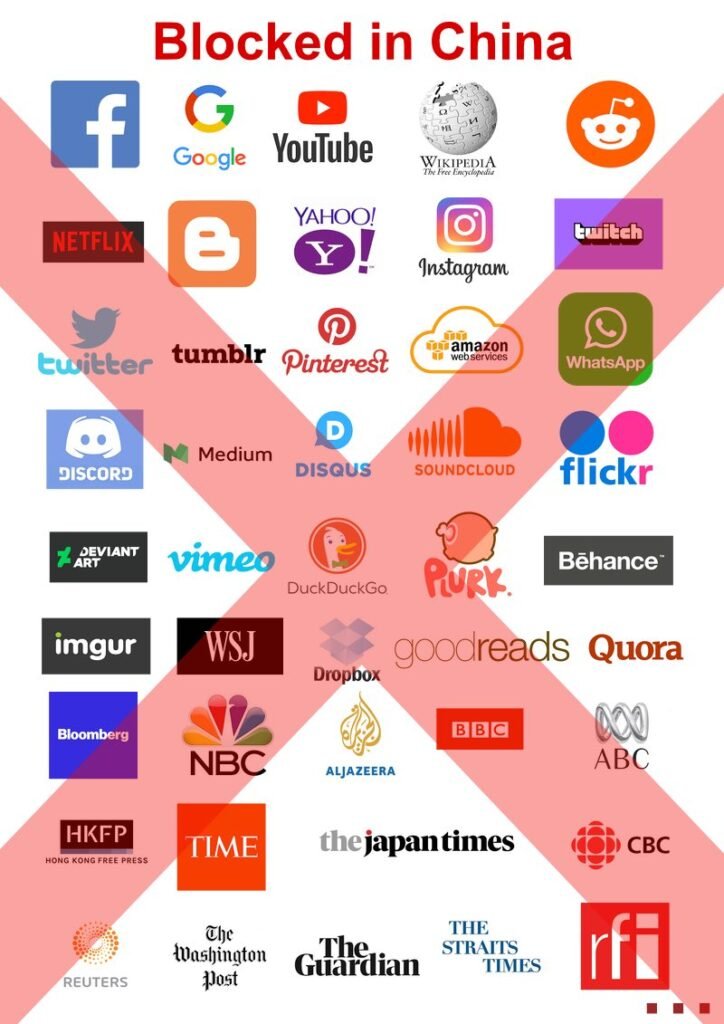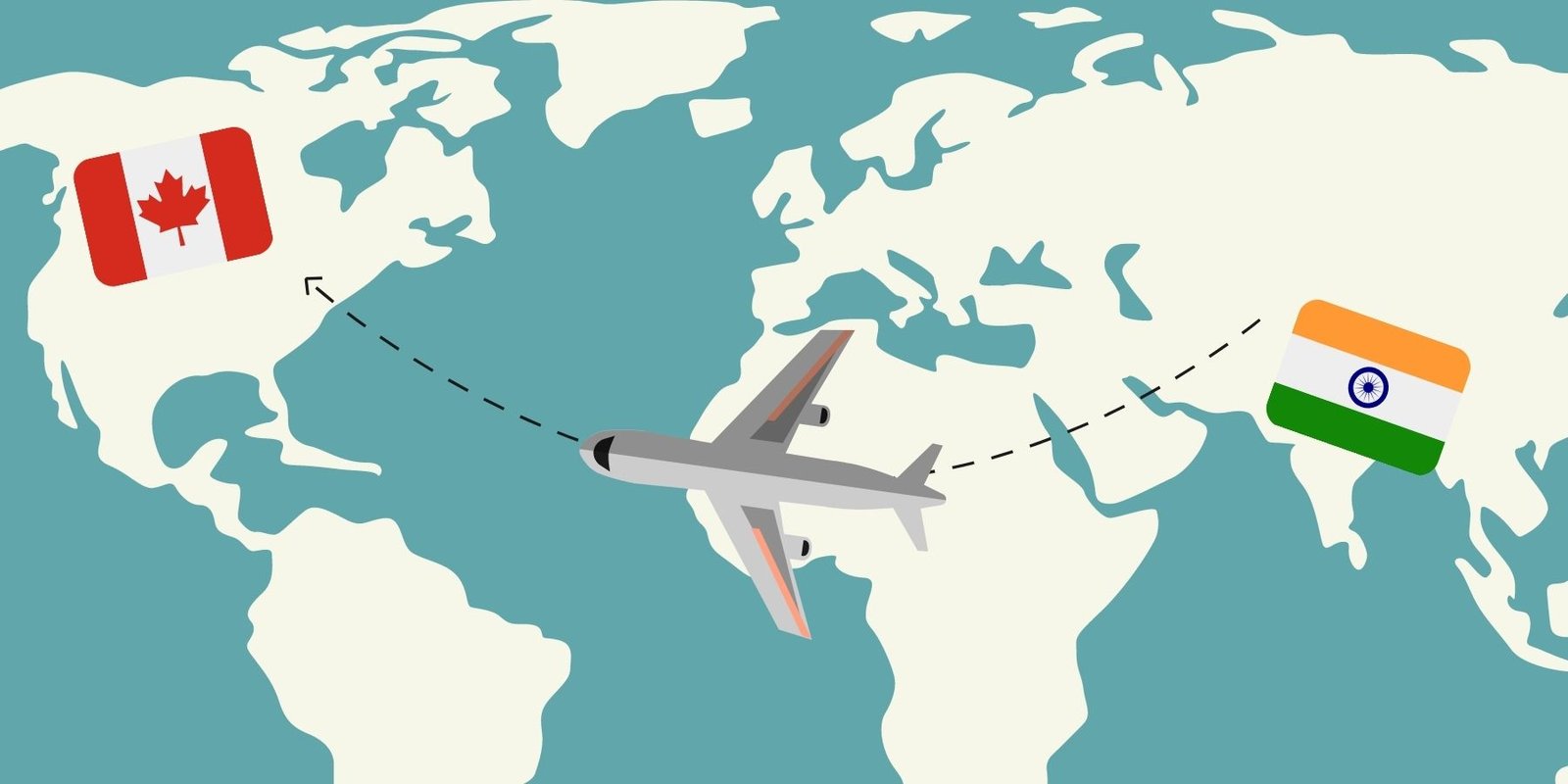Government of India 24 NOV 2020 as per a press release by Ministry of Electronics and IT, an order under section 69A of the Information Technology Act and banned 43 Chinese Apps for engaging in activities which are prejudicial to sovereignty and integrity of India, defence of India, security of state and public order.
Earlier on 29th June, 2020 the Government of India had blocked access to 59 mobile apps including Tik Tok and on 2nd September, 2020 118 more apps were banned under section 69A of the Information Technology Act. Now in addition to those apps, another set of 43 Chinese Apps including Alibaba, Aliexpress are now blocked in India.

Press Release Reads:-
Ministry of Electronics and Information Technology, Government of India today issued an order under section 69A of the Information Technology Act blocking access to 43 mobile apps. This action was taken based on the inputs regarding these apps for engaging in activities which are prejudicial to sovereignty and integrity of India, defence of India, security of state and public order. Ministry of Electronics and Information Technology has issued the order for blocking the access of these apps by users in India based on the comprehensive reports received from Indian Cyber Crime Coordination Center, Ministry of Home Affairs.
Earlier on 29th June, 2020 the Government of India had blocked access to 59 mobile apps and on 2nd September, 2020 118 more apps were banned under section 69A of the Information Technology Act. Government is committed to protect the interests of citizens and sovereignty and integrity of India on all fronts and it shall take all possible steps to ensure that.
List of apps that have been blocked for access in India today’s order are given as per the annexure attached.
Annexure – Name of Chinese Apps that are blocked
AliSuppliers Mobile App
Alibaba Workbench
AliExpress – Smarter Shopping, Better Living
Alipay Cashier
Lalamove India – Delivery App
Drive with Lalamove India
Snack Video
CamCard – Business Card Reader
CamCard – BCR (Western)
Soul- Follow the soul to find you
Chinese Social – Free Online Dating Video App & Chat
Date in Asia – Dating & Chat For Asian Singles
WeDate-Dating App
Free dating app-Singol, start your date!
Adore App
TrulyChinese – Chinese Dating App
TrulyAsian – Asian Dating App
ChinaLove: dating app for Chinese singles
DateMyAge: Chat, Meet, Date Mature Singles Online
AsianDate: find Asian singles
FlirtWish: chat with singles
Guys Only Dating: Gay Chat
Tubit: Live Streams
WeWorkChina
First Love Live- super hot live beauties live online
Rela – Lesbian Social Network
Cashier Wallet
MangoTV
MGTV-HunanTV official TV APP
WeTV – TV version
WeTV – Cdrama, Kdrama&More
WeTV Lite
Lucky Live-Live Video Streaming App
Taobao Live
DingTalk
Identity V
Isoland 2: Ashes of Time
BoxStar (Early Access)
Heroes Evolved
Happy Fish
Jellipop Match-Decorate your dream island!
Munchkin Match: magic home building
Conquista Online II
As per a report in September 2020, Alibaba was Caught ‘Stealing’ Indian Users’ Data; Indian Govt Will Investigate Alibaba Now, it was reported that around 72 Ali-Baba operated cloud data servers based in India are allegedly sending Indian user’s data to China. Hence the action taken by Indian Government is in accordance with the Indian Law for protecting the sovereignty and integrity of India, defence of India, security of state and public order.
Chinese mellowed down response
Compared to the threats the Chinese CCP gave on previous occasions when the Indian Government banned Chinese apps in India, this time the response from China was somewhat mellowed down and talked about mutual benefits and win-win situation.
Ji Rong, spokesperson for China’s embassy in India, said on Wednesday, “We firmly oppose the Indian side’s repeated use of “national security” as an excuse to prohibit some Mobile APPs with Chinese background.”
“The Chinese government has always required overseas Chinese companies to abide by international rules, operate in compliance with laws and regulations and conform to public order and good morals.”
“We hope the Indian side provides a fair, impartial and non-discriminatory business environment for all market players from various countries including China, and rectify the discriminatory practices violating WTO rules.”
“China and India are the opportunities of development to each other rather than threats. Both sides should bring bilateral economic and trade relations back to the right path for mutual benefit and win-win results on the basis of dialogue and negotiation.”
Chinese Hypocrisy can be gauged from the Fact that China has banned Google, Facebook, YouTube and Twitter in China however it is threatening India.
Question exposing Chinese Hypocrisy that arises is, Why did China ban Google, Twitter, Facebook, YouTube in China and why did Chinese Government get involved? If you can find the answer to this question, apply the same to India banning 59 Chinese Mobile apps including TikTok on 29th June, 2020, again banning another set of 118 Chinese Apps on 2nd September, 2020 and now another 43 Chinese Apps on 24-November 2020 in India.
Loss to China
Indian Government on 29-June 2020 banned 59 Chinese apps. We covered it in our article Government Of India Bans 59 Chinese Mobile Apps including Tik Tok dated 29-June 2020.
China calculated this loss as $6 Billion by mere India banning TikTok. Loss to other Chinese companies that owned other 58 applications is not known at this moment. Communist Chinese CCP mouthpiece tweeted and accepted the loss.
Thereafter, US President Donald Trump also banned Tik Tok and We Chat in the United States. This action caused China a loss of over $100 Billion. We covered it in our previous article President Trump Bans China’s TikTok, WeChat : $100 Billion Loss to China
On 2nd September, 2020, India further banned 118 Chinese Apps. The Press Release by Indian Government mentioned:-
The Ministry of Electronics and Information Technology has received many complaints from various sources, including several reports about misuse of some mobile apps available on Android and platforms for stealing and surreptitiously transmitting users’ data in an unauthorized manner to servers which have locations outside India. The compilation of the data, its mining and profiling by elements hostile to national security and defence of India, which ultimately impinges upon the sovereignty and integrity of India, is a matter of very deep and immediate concern which requires emerge, measures.

43 Chinese Apps Banned By India, While Global Times Spared 

Now Banning Alibaba Apps and services to operate in India, Indian Government has denied the Chinese E-Commerce giant, the access to the world’s second most populous country.
Chinese Hypocrisy: Blatant Violations of WTO Rules
China’s mercantilist state systematically discriminates against foreign products and foreign producers in China while forcing foreign companies to hand over their intellectual property (IP) as the price of access to China’s large and growing market. China engages in widespread cheating in its trade practices, including not only high tariffs, domestic content requirements, and other traditional forms of protectionism, but also rigged regulations that erect trade barriers by favoring Chinese companies and outright theft of foreign IP. And, Trump and his trade cohorts say repeatedly, there is virtually nothing the United States can do under current WTO rules to stop this predatory Chinese behavior.

Leading administration officials have referred to the WTO’s “abject failure to address emerging problems caused by unfair practices from countries like China” and its “inability to resolve disputes, limit subsidies or draw China into the market status that was envisioned when China joined the WTO”; and they have declared that the WTO “is not equipped to deal with [the China] problem.” Since Trump became president, the United States has pursued only one new WTO complaint against China (although it has continued to litigate some cases brought by the Obama administration). According to the U.S. Trade Representative’s Office (USTR), in a report issued in January of 2018, “The notion that our problems with China can be solved by bringing more cases at the WTO alone is naïve at best, and at its worst distracts policymakers from facing the gravity of the challenge presented by China’s non-market policies.” A recent report by the USTR has gone so far as to call China’s entry into the WTO in 2001 under the terms adopted at that time a mistake.
Even some scholars with no allegiance to Trump have their doubts about the sufficiency of WTO rules and the capacity of the WTO as an international institution to confront the unique challenge of an economy like that of 21st-century China. Harvard Law professor and former USTR official Mark Wu has written that “the WTO is struggling to adjust to a rising China” because of “China’s distinctive economic structure.” He notes, “The WTO dispute settlement system has effectively resolved certain disputes and will continue to do so,” but “the system has its limits.” He adds, “Overall, I contend that without major change China’s rise, should it continue, will contribute to a gradual weakening of the WTO legal order.”
China’s rise poses a unique challenge to the WTO-based world trading system, and there are limits to what can be done to counter China’s mercantilist and protectionist practices under existing WTO rules through dispute settlement
Related Article China Holds Cargo Ships From Other Countries At Its Ports For Months While Expects Chinese Cargo To Be Cleared By Other Countries ASAP
Uncovering China’s WTO violations is challenging but it can be done, and many potential complaints have been overlooked, in particular in relation to intellectual property protection, forced technology transfer, and subsidies.
Through its “Made in China 2025” industrial policy, China, it is said, has set out clear goals for its eventual expansion into, and domination of, many advanced high-tech industries, such as robotics, advanced information technology, aviation, and new-energy vehicles.8 There is widespread, increasing, and legitimate concern in the United States that Americans will suffer as a result, as our own industries are harmed by unfair Chinese competition, and as Americans have to rely more and more on China for products, with a potential risk to our national security. Beyond this, the current American conventional wisdom seems to suggest that China’s economic rise may contribute to the decline of the United States.
Part of the problem right now may be the limited number of enforcement actions taken against China. There have been some WTO complaints, but a wide range of Chinese practices that are supposedly of concern have not been challenged at the WTO. The lesson China might be drawing is that if its practices are not challenged it is because the rest of the world tacitly accepts them. Hence there is a compelling need to challenge Chinese actions when they are unfair to foreign products and foreign competitors in the Chinese marketplace and beyond.
The US has often complained that China’s state-owned companies receive handouts from the government and preferential treatment from state banks and other government entities, making it difficult for foreign companies to compete with them.
The office of the US trade representative said the report “recognizes that the United States has proved that China uses State-Owned Enterprises (SOEs) to subsidies and distort its economy”.
“The WTO appellate report undermines WTO rules, making them less effective to counteract Chinese SOE subsidies that are harming US workers and businesses and distorting markets worldwide,” it said. “The United States is determined to take all necessary steps to ensure a level playing field so that China and its SOEs stop injuring US workers and businesses.”
U.S. Ambassador Dennis Shea said China was using the WTO to promote “non-market” policies, which had distorted world markets and led to massive excess capacity, especially in steel and aluminum.
WTO rules allow exceptions for actions taken for national security concerns.
“Rather, what threatens the international trading system is that China is attempting to use the WTO dispute settlement system to prevent any action by any Member to address its unfair, trade-distorting policies.”
Chinese economic policy depends on maintenance of a strategy of aggressive exports and carefully restricted foreign access to its home market. They systematically violate internationally recognized workers’ rights, and it’s a strategically necessary component of that policy.
Related Article Chinese Hypocrisy: China banning Google, Facebook, YouTube, Twitter is correct, India Banning TikTok is Wrong?
Chinese CCP Propaganda Mouthpiece Global Times News
Everyone knows China is threatening all its neighbors and using slami slicing to take control of their lands. Taiwan is constantly threatened with Chinese PLA invasion. There is possiblity of war between China and India because of Chinese illegally occupying Indian territories of Aksai Chin in Indian Union Terriotry of Ladakh and blaming India of adjustments of Indian positions on the Indian side. South China Sea is another battle field that is sitting on the powerful powder of pride that can explode with a small spark.
China is constantly threatening not only its neighbors but also all other countries that do not kneel to Chinese Emperor Xi Jinping.
Communist Chinese CCP Mouthpiece is doing the threatening talks on behalf of its Communist Masters and Hu Xijin is leading the Chinese Propaganda. Chinese Propaganda is exactly on the same lines of that of Nazi Germany and Hu Xijin is compared with Lord Haw Haw.
Indian Newspapers and websites are not accessible in China. Whereas Chinese Newspapers and websites including the Chinese CCP propaganda mouthpiece Global Times News continues to be accessible in India.
China has created such firewalls that can even block the VPNs and hence Chinese citiens do not have free access to Indian News Media websites or Channels.
Chinese propaganda mouthpiece Global Times News day in and day out habitually criticizes Indian Government and keeps threatening, while the Indian Government has not shut down the Communist mouthpiece from throwing its propaganda news on Indian audience.
Related Article Hu Xijin Editor Of Global Times News Xi’ Haw Haw Lying to Public That A Defeat Is A Victory
Points to Ponder
Initiative of Indian Government alone banning Chinese Apps may not impact China, unless other countries also follow the same action. As US banned Tik Tok, it caused a loss of $100 Billion to China. Similarly if other countries also join hands against the Bio-Terrorist China that killed over 1.43 Million people worldwide, Chinese dragon can be maimed.
Since Indian News Media and Media channels are banned in Communist China, Will Indian Government take steps to ban Chinese News Media and Channels in India?
Will Indian Government take steps to ban Chinese Movies and TV series to be aired via Netflex or Amazon Prime or Disney+ Hotstar?
Follow us at:-
Twitter Handle: @newscomworld
Instagram Handle: @newscomworld
Parler Handle: @NewsComWorld
Tooter Handle: @NewsComWorld
Subscribe our : YouTube Channel https://www.youtube.com/channel/UCnKJQ3gFsRVWpvdjnntQoAA
Like our Facebook Page https://www.facebook.com/NewsComWorld
1,793 total views









